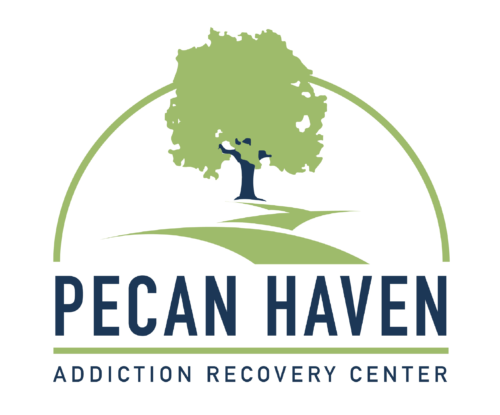Substance use disorders (SUDs) affect millions of individuals and families worldwide. Despite their prevalence, many misconceptions and myths surround these conditions, often leading to stigma and misunderstandings. At Pecan Haven Addiction Recovery Center, we believe that education is a powerful tool in combating these myths and helping those affected get the support they need. In this blog, we will debunk some of the most common myths about substance use disorders.
Myth 1: Substance Use Disorders Are a Choice
One of the most pervasive myths is that individuals with substance use disorders choose their addiction. While the initial decision to use a substance may be voluntary, the progression to addiction is often beyond the individual’s control. SUDs are complex brain diseases characterized by compulsive substance use despite harmful consequences. Factors such as genetics, mental health conditions, trauma, and environmental influences play significant roles in the development of addiction. Understanding that SUDs are not merely a matter of willpower is crucial in fostering empathy and support for those affected.
Myth 2: Only Certain Types of People Get Addicted
Another common misconception is that addiction only affects certain “types” of people, such as those from specific socioeconomic backgrounds or with a certain moral character. The reality is that substance use disorders do not discriminate. They can affect anyone, regardless of age, race, gender, or background. Addiction is a medical condition that can impact anyone, and recognizing this helps to remove the stigma and promotes a more inclusive and supportive approach to treatment.
Myth 3: Addiction is a Sign of Weakness
Many people mistakenly believe that addiction is a sign of weakness or a lack of moral fiber. This myth perpetuates shame and prevents individuals from seeking help. Addiction is a chronic disease that alters the brain’s structure and function, leading to powerful cravings and a loss of control over substance use. Just like other chronic diseases, such as diabetes or heart disease, addiction requires medical intervention and ongoing management. Viewing addiction as a health condition rather than a moral failing encourages more compassionate and effective responses.
Myth 4: Detox is All You Need
Detoxification, or detox, is an essential first step in the treatment of substance use disorders, but it is not sufficient on its own. Detox addresses the physical dependence on a substance, helping the individual manage withdrawal symptoms. However, addiction also has psychological, social, and behavioral components that need to be addressed through comprehensive treatment programs. At Pecan Haven Addiction Recovery Center, we offer residential treatment programs, intensive outpatient programs, and residual detox programs to provide a well-rounded approach to recovery.
Myth 5: People Can Quit Anytime They Want
A widespread myth is that people with substance use disorders can quit whenever they decide to do so. While motivation and the desire to change are crucial, the nature of addiction often means that quitting requires more than just willpower. The changes in brain chemistry and function caused by prolonged substance use make it extremely difficult to stop without professional help. Effective treatment involves medical, psychological, and social support to help individuals achieve and maintain sobriety.
Myth 6: Relapse Means Failure
Relapse, or returning to substance use after a period of abstinence, is often seen as a failure. However, relapse is a common part of the recovery process and does not mean that treatment has failed. Addiction is a chronic disease, and managing it typically requires ongoing effort and adjustments in treatment. Relapse can be an opportunity to reassess and modify the treatment plan to better support the individual’s long-term recovery goals.
Contact Pecan Haven Addiction Recovery Center Today
Understanding the realities of substance use disorders is vital in supporting those affected and promoting effective treatment. By dispelling these myths, we can foster a more compassionate and informed community. At Pecan Haven Addiction Recovery Center, we are committed to providing comprehensive and compassionate care through our residential treatment programs, intensive outpatient programs, and residual detox programs. If you or a loved one is struggling with alcohol addiction, drug addiction, or dual diagnosis, please contact us at (318) 600-3333. Together, we can work towards a healthier, sober future.

Recent Comments